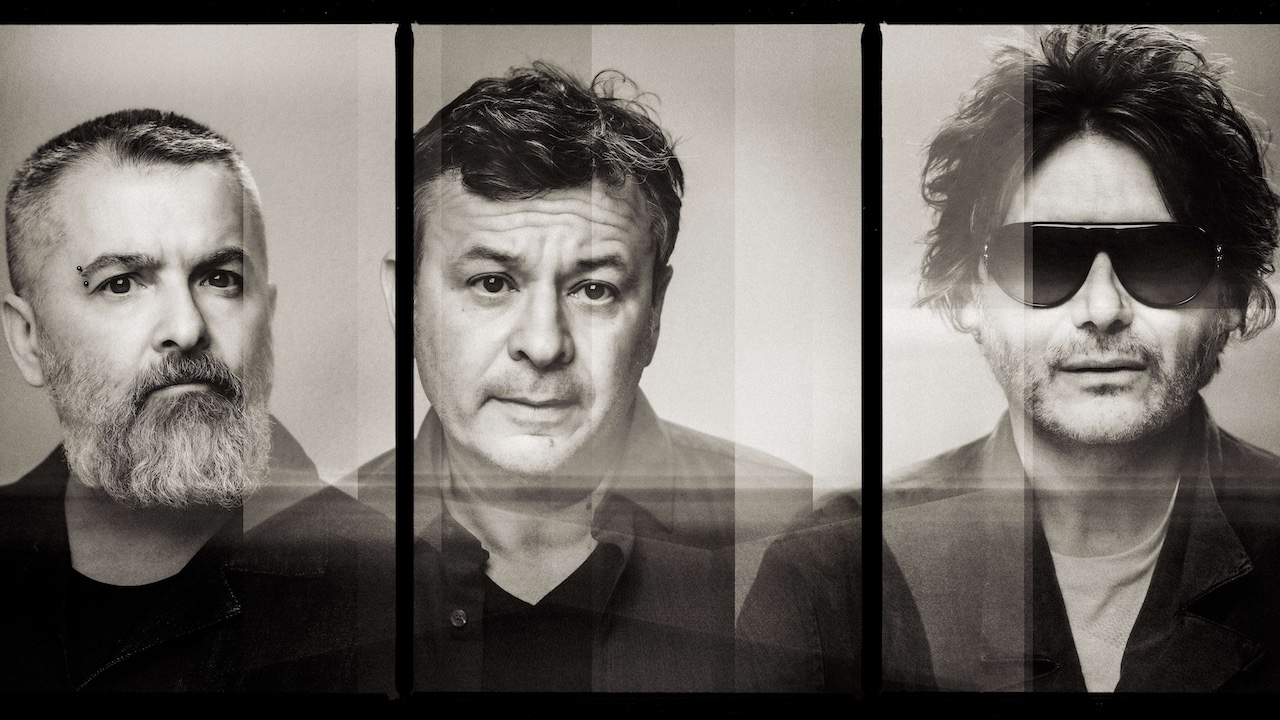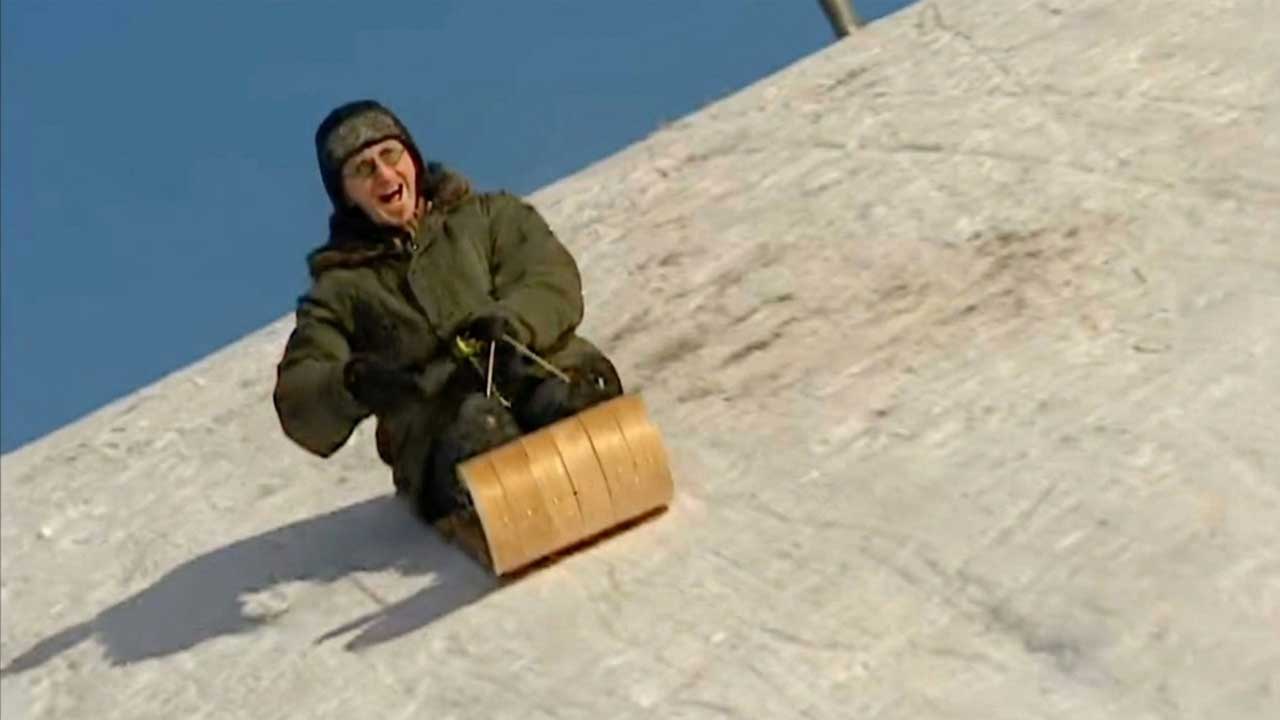“I felt I was cut adrift from a massive part of the band and I didn’t know what to do without it”: James Dean Bradfield on how Manic Street Preachers had to reinvent themselves after 2011’s National Treasures celebrations
The band capped off one glorious era with a Best Of and huge arena show in 2011 but it left their singer and guitarist feeling like they’d lost their way

There have been many different phases for Manic Street Preachers. Forget Taylor Swift – James Dean Bradfield, Nicky Wire and Sean Moore are the original Eras crew, shapeshifting from album to album, reinventing themselves and emerging as a slightly different band whilst always sounding like themselves. Sometimes these pitstops require a full pause to consider where they might go next. One such occasion occurred in the wake of their 2011 Best Of collection National Treasures and an accompanying show at London’s O2 Arena. It had been a revitalising period for the trio prompted by 2007’s restoratively brilliant Send Away The Tigers and that celebratory show put a cap on it. But the aftermath, as Bradfield told this writer a year or so later, was an uncertain one for the Manics, the singer and guitarist also revealing he wasn’t entirely happy looking back on the decision to release a cover of The The’s classic This Is The Day as a single for the National Treasures campaign.
“This Is The Day was quite a populist little touch for us. Whilst I enjoyed it, I love the song but the way we did it felt a tiny bit too triumphant for my liking,” Bradfield said. “It didn’t really reflect the way I felt soon after that gig. I felt a bit cut adrift really. Doing the O2 felt like we purposely set ourselves adrift from what a big part of the band is, which is an indie band that had a lot of punk situationist roots and was smeared in certain glitter and lipstick and history and we cut ourselves adrift from that band that trans-modified into being an arena experience and we momentarily or for quite a while killed that off. The moment the gig was done, the night after was a great feeling, the week after was just relief and then I felt I was cut adrift from a massive part of the band and I didn’t really know what to do without it.”
The way the Manics got back in touch with their old selves, he said, was by taking a break from playing in the UK for a couple of years. “We agreed that we’d stay away from playing live in Britain and do little raids round the world,” he stated. “There’s not as much pressure when you’re doing gigs around the world because sometimes you’re going to play somewhere that you haven’t played in a longtime or whatever and there’s not as much scrutiny, you’re a rock’n’roll band playing your songs. It takes the pressure off us cos we’ve always trapped ourselves in by certain ways of working, certain dictums. Whilst playing around the world, we could come back here and know there was no pressure on ourselves, we could create a vacuum. We had to create a vacuum to work in basically and that’s what we did.”
From within that vacuum, another creative renewal emerged, this time in the pair of albums they released in 2013’s Rewind The Film and 2014’s Futurology. “It was exciting for us, we got trapped in a bubble for 14/15 months of just thinking, ‘It’s great to be in this version of the band for now’. We’ve never done an album with this many guest vocalists on or my guitar just about completely taken out the equation,” Bradfield explained, referring to the low-key, mostly acoustic Rewind The Film. “It made us feel free. After the initial worry of doing the O2 show and feeling cut adrift from it, I soon felt back on board with the idea of something new happening with the band. For 14 months, it just felt great to be in this band that no-one else knew about, this record that no-one else had heard.”
It was a retooling that set them off on another glorious era. They recently announced details of their 15th studio album, Critical Thinking, which will be released in early 2025. They keep pushing forward, it’s the only thing they know.
Sign up below to get the latest from Classic Rock, plus exclusive special offers, direct to your inbox!
Niall Doherty is a writer and editor whose work can be found in Classic Rock, The Guardian, Music Week, FourFourTwo, Champions Journal, on Apple Music and more. Formerly the Deputy Editor of Q magazine, he co-runs the music Substack letter The New Cue with fellow former Q colleague Ted Kessler. He is also Reviews Editor at Record Collector. Over the years, he's interviewed some of the world's biggest stars, including Elton John, Coldplay, Radiohead, Liam and Noel Gallagher, Florence + The Machine, Arctic Monkeys, Muse, Pearl Jam, Depeche Mode, Robert Plant and more.

